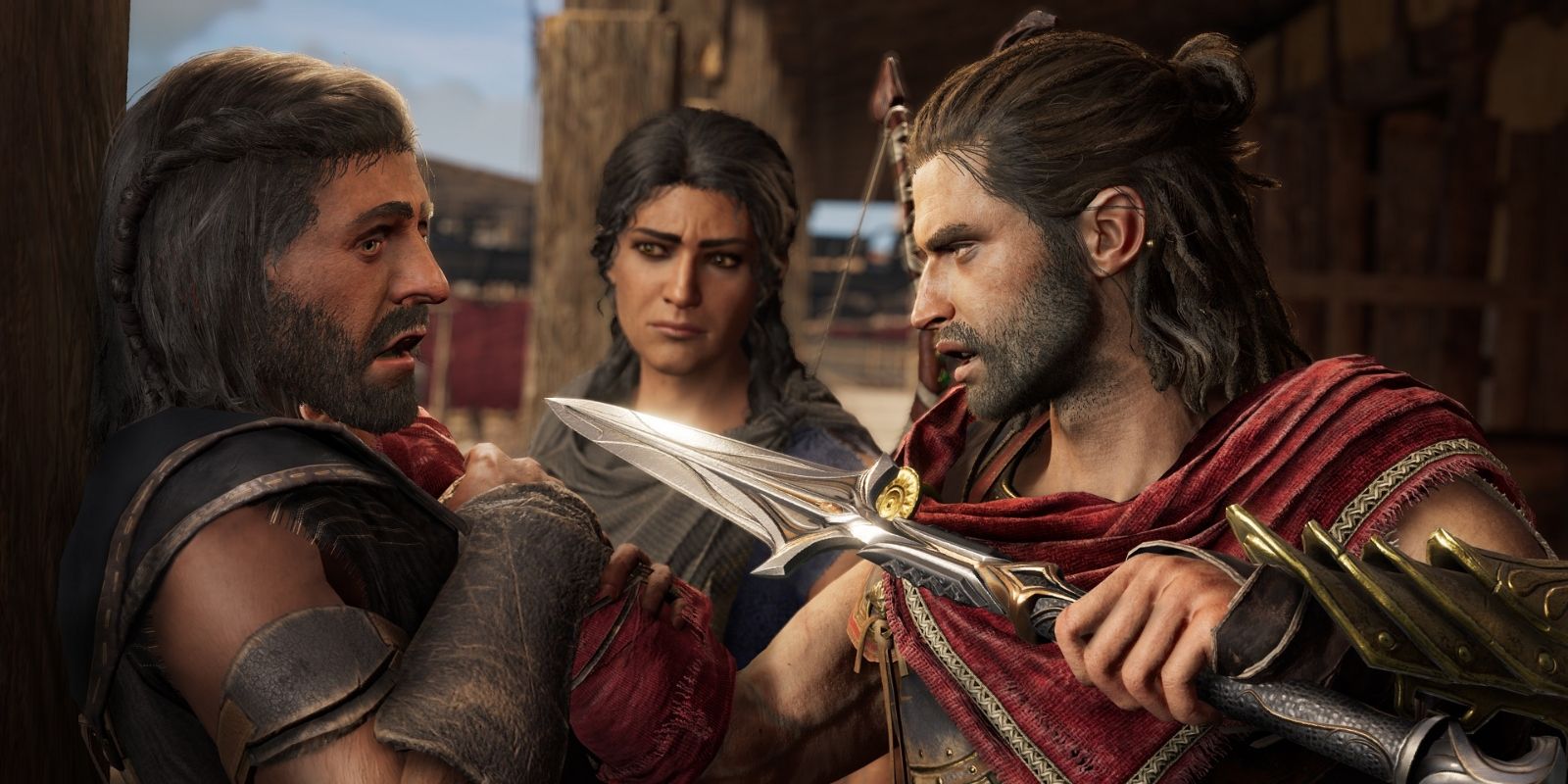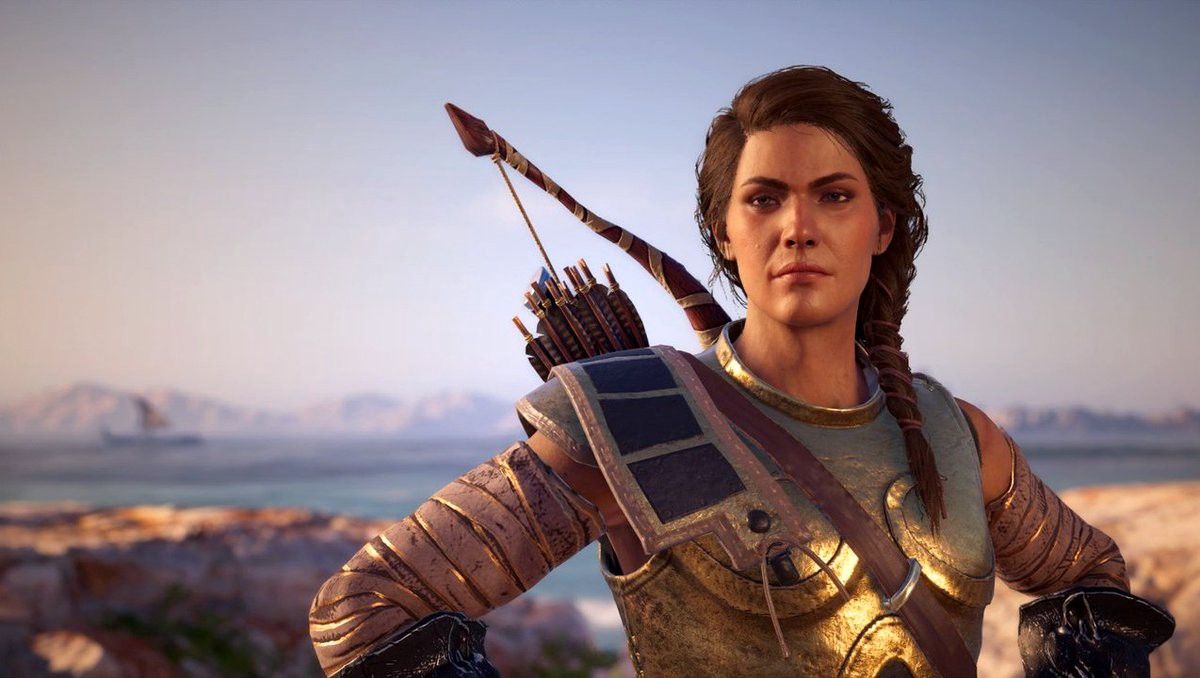Before the 2017 release of Assassin's Creed Origins, the Ubisoft series had begun to stagnate. Although there were nine main games in the series at that point, beginning with the first Assassin's Creed released in 2007, they all followed basically the same formula and gameplay. Though later games in the series were set in new locales and had different protagonists, players were growing bored. Origins changed all that, by taking Assassin's Creed into the distant past -- and therefore allowing it to finally move forward.
Origins takes place in Egypt near the end of the Ptolemaic period in the first century BCE. With a fresh approach to gameplay that still follows the basic Assassin's Creed formula, the game received lots of praise from critics and players, as well as several nominations and two awards, namely for its outstanding visual effects. However, the game has its issues, as well. According to several historians, the way Origins depicts Cleopatra is largely based on Roman propaganda and isn't, in any way, based in historical fact.
It's true that every Assassin's Creed game is based on history but takes certain liberties for the sake of gameplay or visual immersion. Origins' successor, 2018's Odyssey, also incorporates fictionalized elements, though they aren't quite as problematic as the utterly false and male-minded presentation of Cleopatra.
Odyssey takes place in Ancient Greece and introduces a major shake-up to the franchise overall. For the first time in Assassin's Creed's decade-long history, it's possible to play as a woman. Although it rings false to praise this addition as wholly revolutionary, it's still a welcome and much-needed change. If Assassin's Creed Valhalla maintains any aspect of its predecessors, it should be the ability to play as more than one gender.
By traveling backward in time, to the Ptolemaic period and then Ancient Greece, Ubisoft created more storytelling opportunities for the Assassin's Creed franchise and ultimately expanded its fanbase. This series has long been popular with gamers and history buffs alike, although the early games focused primarily on Cesare Borgia and assassin vs. templar activity in Italy. Later games -- even the one that takes place during the Revolutionary War -- invite new fans into the series and establish a centuries-spanning lore that offers more opportunities for diversity.
While it may seem counterintuitive to travel further into the past in order to push the series to new heights, Ubisoft's approach actually makes perfect sense. Plunging into the depths of history to craft new and more interesting stories is how creators and studios succeed time and time again -- it's a perfect formula, because there is always a new angle to take or a different era to explore. Consider Marvel Comics' take on Thor, or Kieron Gillen and Dan Mora's Once & Future. Human history is short, relatively speaking, but it's rich with heroes and villains and morally-ambiguous people whose lives often changed in an instant.
Valhalla will take place during the viking period (approximately 793-1066 CE), which is significantly more recent than either Origins or Odyssey, but still firmly in the distant past. Like its predecessors, it also explores a period of history previously untouched by the Assassin's Creed series, which will once again expand not just the lore, but the fanbase. This period in particular draws interest because of how frequently it's been explored in pop culture -- which means Valhalla stands on the shoulders of giants.


